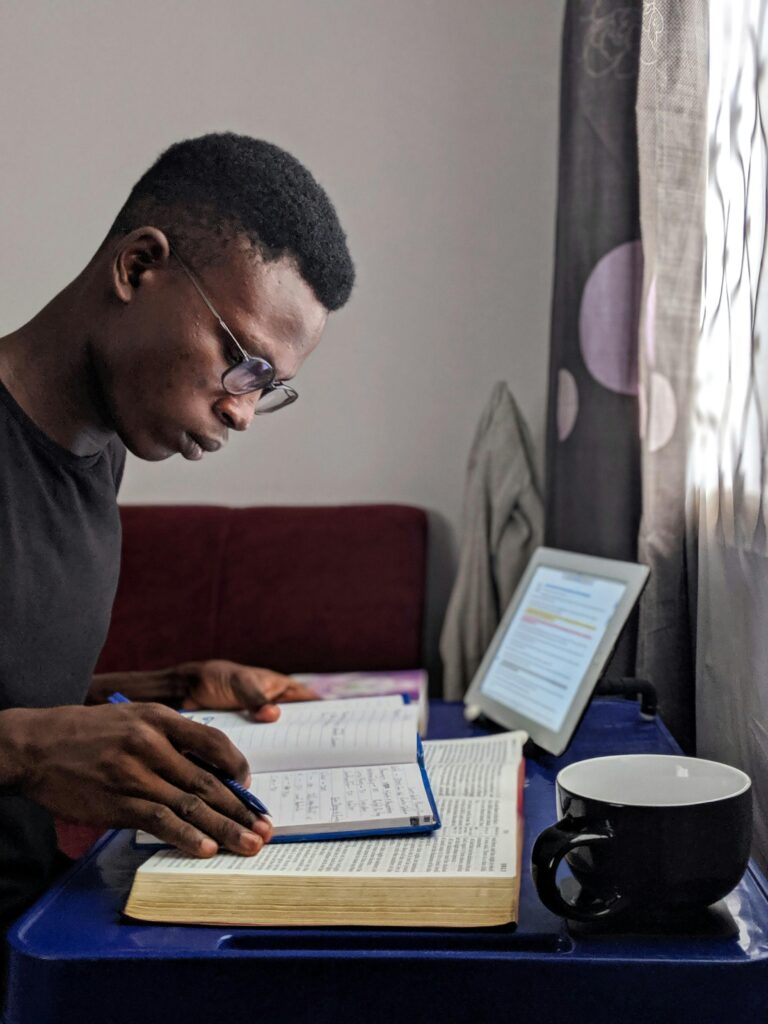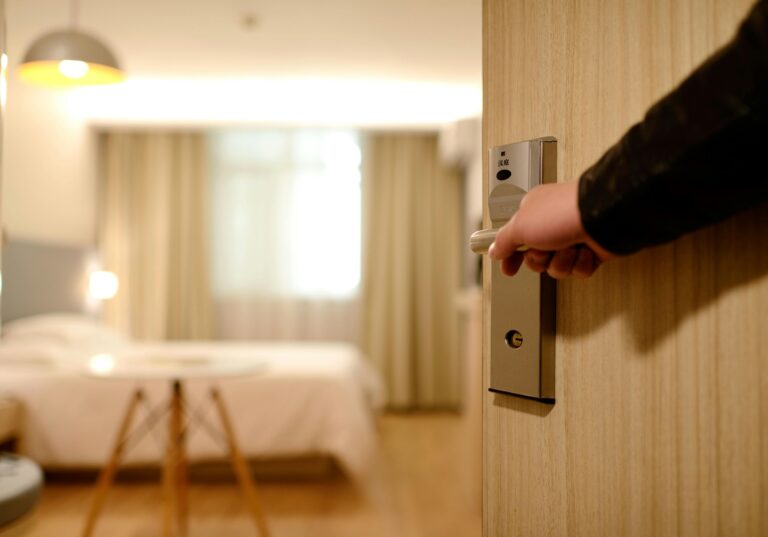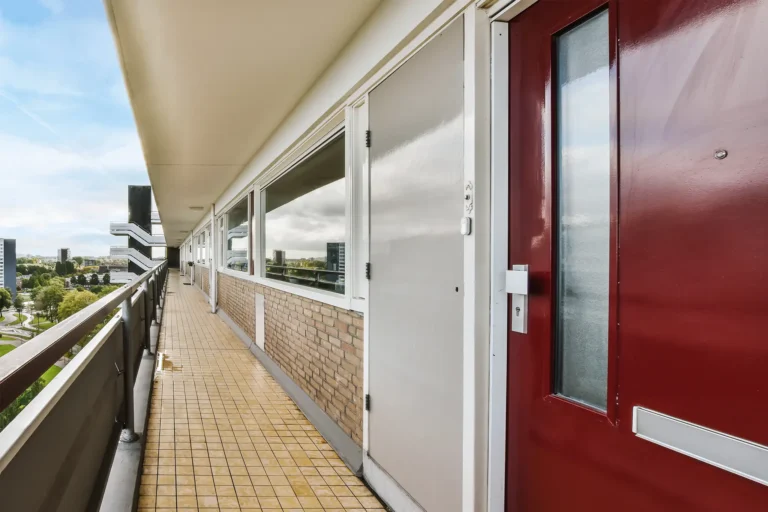How To Apply For Student Housing Allowances

Securing student housing has become increasingly difficult across South Africa due to rising demand, limited supply, and escalating rental costs. For many students, especially those from low-income households, housing allowances are a necessary support mechanism that makes higher education logistically possible.
This article unpacks how these allowances work, who qualifies, and how to apply for them—so you can focus on your studies, not your living situation.
Housing Allowance for Students: How It Works and How to Apply
Securing adequate and affordable accommodation for the duration of your studies is of the utmost importance. Managing your studies is stressful enough without having to worry about where you are going to sleep every night.
Unfortunately, the current student accommodation landscape sees an increasing number of university students and a severe shortage of student accommodation, which in turn pushes up the pricing. This is where student housing allowances come in. They help to bridge the access gap by subsidising the cost of housing so that more people can have a place to stay during the duration of their studies.
Types of Housing Allowances in South Africa
When applying for student housing support, one of the first decisions you’ll need to make is where you plan to live. Your choice doesn’t just affect your budget—it also impacts whether or not your bursary or housing allowance will cover your accommodation.
Most funding bodies have clear criteria about which types of housing qualify, and understanding these upfront helps avoid delays and rejections later in the process.
On campus accommodation
This housing is provided and managed directly by the university. It typically includes access to essential student services and facilities, with pricing often subsidised. However, demand usually exceeds supply, leaving many applicants on long waiting lists.
Off campus accredited accommodation
The space in on campus accommodation is limited. Therefore, many students rely on off campus accommodation that is accredited by their respective institution. This means that although the accommodation is private is has been recognised and approved by the university.
Private accommodation
This includes flats, rooms, or houses rented from landlords who are not affiliated with any academic institution. These properties tend to be more expensive, may require upfront deposits, and aren’t always covered by bursaries—especially if not accredited or vetted by the university.
The different types of schemes

There is a variety of different types of bursaries that cover accommodation. Not everyone is eligible for every type of scheme so it is important to research carefully to see what you might be eligible for.
NSFAS (National Student Financial Aid Scheme)
NSFAS is South Africa’s largest and most well-known scheme. It covers tuition, books, accommodation and living costs.
To qualify for this bursary, you need to
- Be a South African citizen
- Have a household income of R350 000 per year
- Be enrolled/accepted at a public university or TVET college.
Government and Provincial bursaries
Certain government departments and provincial administrations offer bursaries to students who are in specific fields of study or who are in public service pipelines. Some of these include the Department of Health and Department of Education
University specific bursaries
Most public universities offer their own bursaries that will help with accommodation costs. These differ in different universities, so you need to check your university website or go to the financial aid office to check the eligibility criteria.
Note that some of these bursaries may be targeted toward specific groups (e.g. women in STEM), may be merit based, means tested and require consistently high academic achievement.
Corporate and Private sector bursaries
There are many South African companies that offer scholarships and bursaries that cover accommodation as well. These are typically industry specific so you will need to read through the various websites to see if they cover students in the same stream, you will be studying in.
The table below lists some of the most popular bursaries on offer.
| Bursary Name | Field of Study | What is Covered | Website Link |
|---|---|---|---|
| Sasol Bursary | STEM related degrees (Science, Technology, Engineering and Medicine) | Tuition, accommodation, meals, books, laptop, stipend | Visit |
| Eskom Bursary | Engineering, IT, finance-related | Tuition, accommodation, travel | Visit |
| Anglo American Bursary | Engineering, mining, environmental science and geology | Tuition, accommodation, travel | Visit |
| Shoprite Bursary | Accounting, supply chain, retail business management and others | Tuition, accommodation, textbooks and sometimes laptop | Visit |
| Standard Bank Bursary Programme | Commerce, Finance, IT, Actuarial science and Engineering | Tuition, accommodation, meals, books, stipend | Visit |
| Old Mutual Bursary | Accounting, actuarial sciences and finance degrees | Tuition, accommodation, meals, books and stipend | Visit |
| Investec Bursary | Finance, commerce, engineering and science fields | Tuition, accommodation, meals, books and stipend | Visit |
| Allan Gray Orbis Fellowship | Entrepreneurial studies in any field | Tuition, accommodation, mentorship and personal development | Visit |
| SAICA Thuthuka Bursary | Accounting | Tuition and accommodation | Visit |
| Murray & Roberts Bursary | Engineering, quantity surveying and built environment fields | Accommodation and travel | Visit |
When it comes to these and other corporate bursaries make sure to check what kind of accommodation they cover. Some have no restrictions whilst others will only cover on-campus and university accredited accommodations.
Read More: Furnished vs Unfurnished Student Housing: How to Avoid Costly Mistakes
How to apply

Once you’ve found a bursary that you are eligible for housing allowances then it is important that you apply. Financial aid is sorely sought after nationally so make sure to apply early to make sure that the bursary is still available.
NSFAS
Apply online on the NSFAS website
Submit the required documents
- Certified ID
- Proof of income
- Academic acceptance letter or registration letter
If you are staying off campus you will also need to submit:
- Your lease agreement
- Proof that the accommodation is NSFAS-accredited.
If you are still looking for a place to stay, the NSFAS website has a list of accommodations you can search through that are NSFAS accredited.
Private Bursaries
Choose your bursary using the official site linked in the table above or alternatively, you can find bursary options and websites through platforms like Bursaries South Africa. When applying for these you will need to fill in the online application and fill in some personal, academic and financial details. Most will require the following documents:
- Certified ID
- Academic transcripts/matric results
- Proof of registration/acceptance
- Motivation letter
- Proof of income
Note that most of these fully funded bursaries include accommodation automatically but make sure to check. If accommodation is not automatically included ensure that you highlight your need for accommodation in your motivation letter.
University Provided Aid
When looking for an accommodation subsidy provided by your university either go check on their financial aid website or go to the financial aid office to fill out the forms. The process will differ between different institution, but you will most likely have to provide the following:
- Complete application form
- Your NSFAS status if applicable
- Proof of income
- Proof of you need for accommodation
It is important to apply early given that that this will likely be where most people start and so this type of aid will run out very quickly.
Final Thoughts
Having stable accommodation is without a doubt one of the most important parts of academic achievement. There are many bursaries and financial aid schemes out there that can help bridge the gap of the cost of accommodation. Make sure to do you research and to apply early to ensure that the resources are available to you. It is a little taxing but completely doable! You’ve got this!






